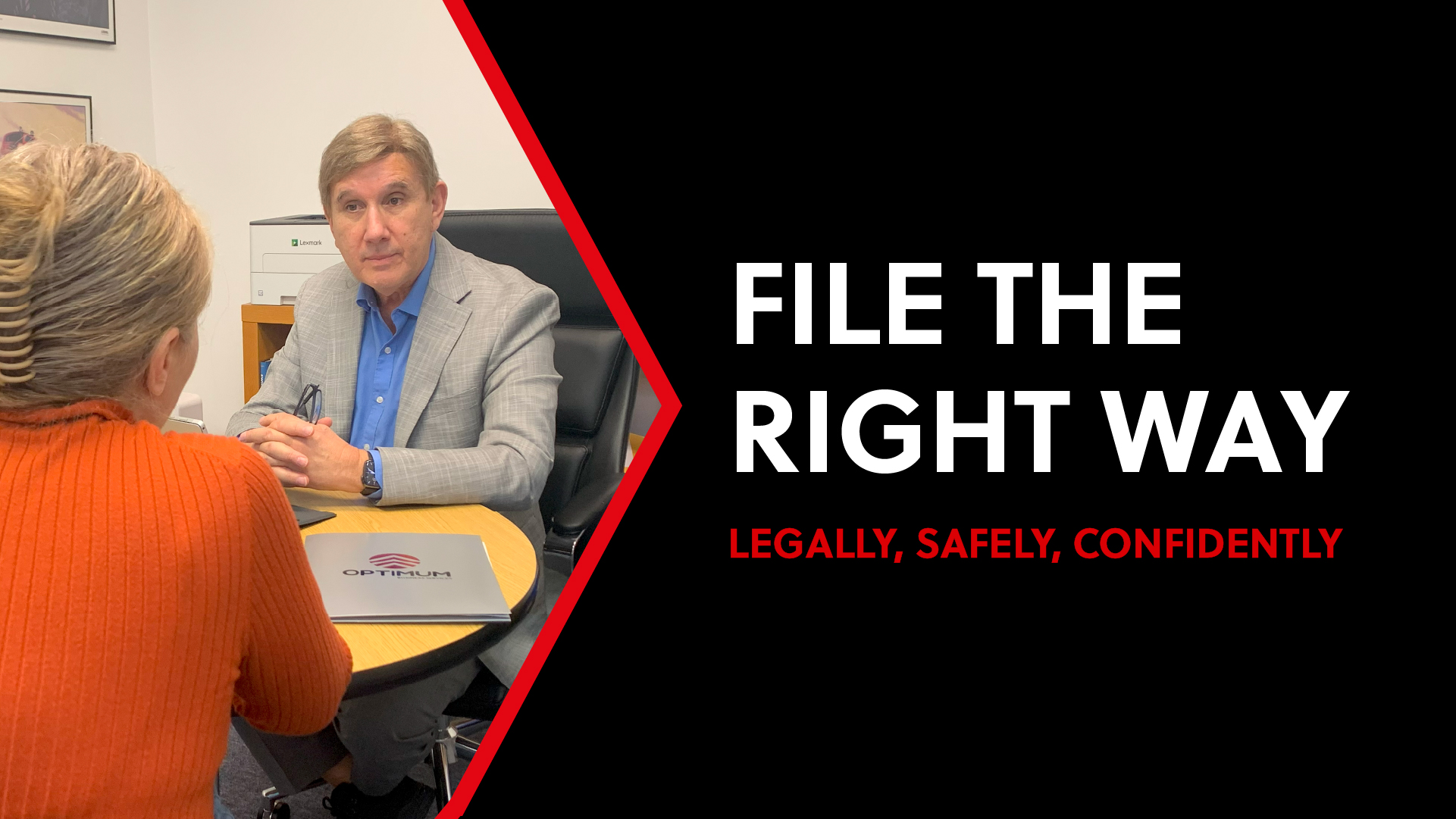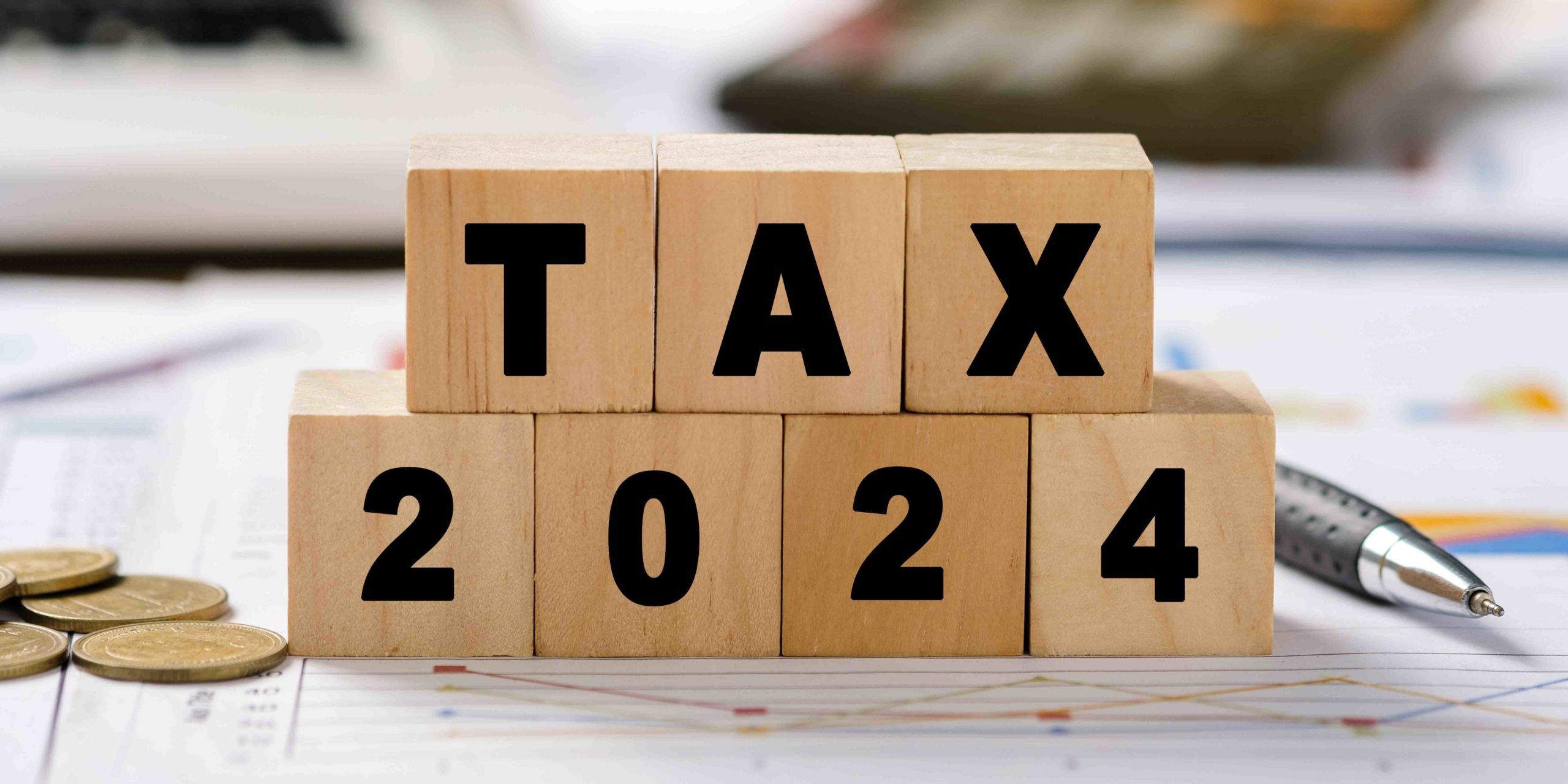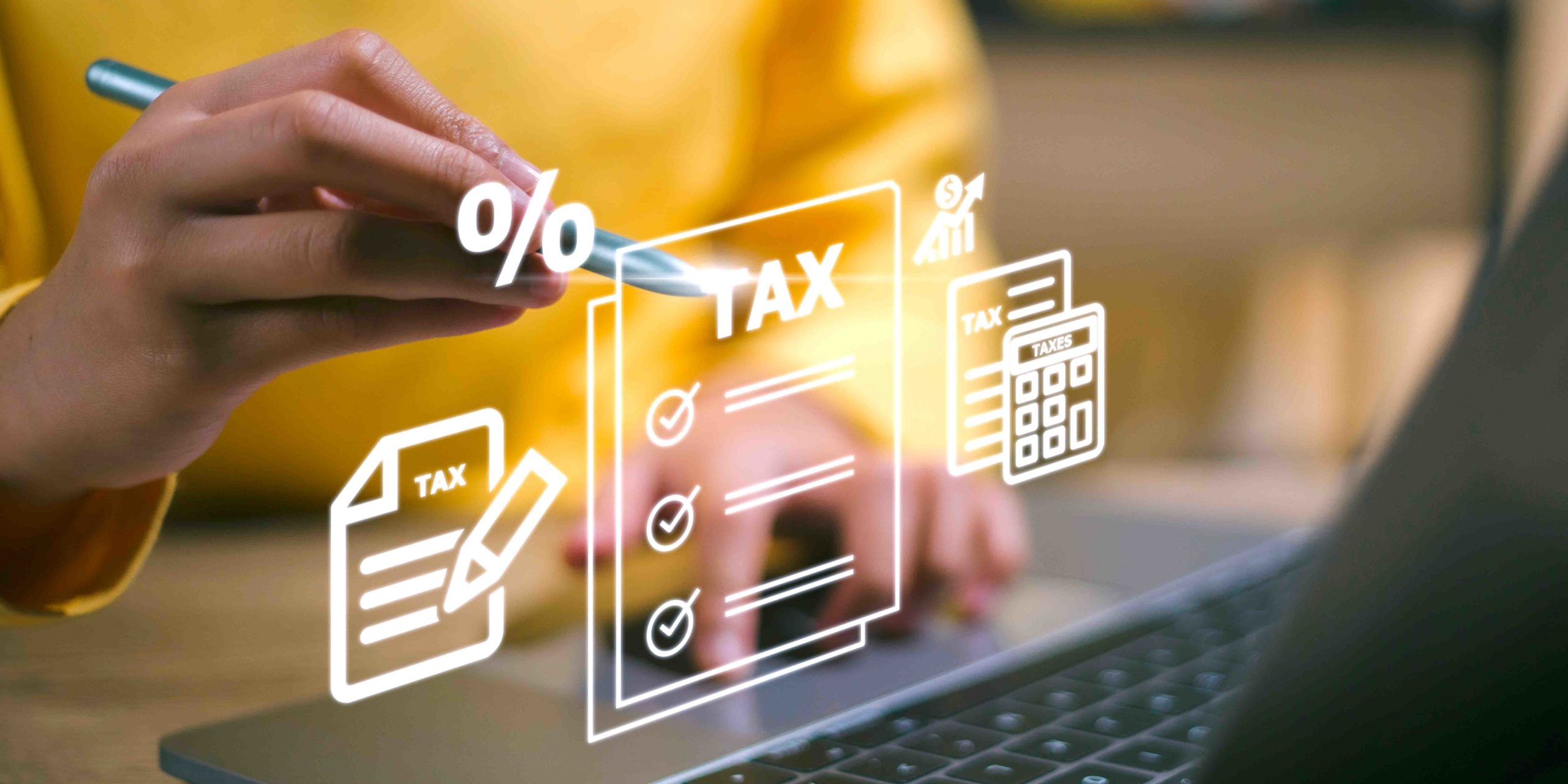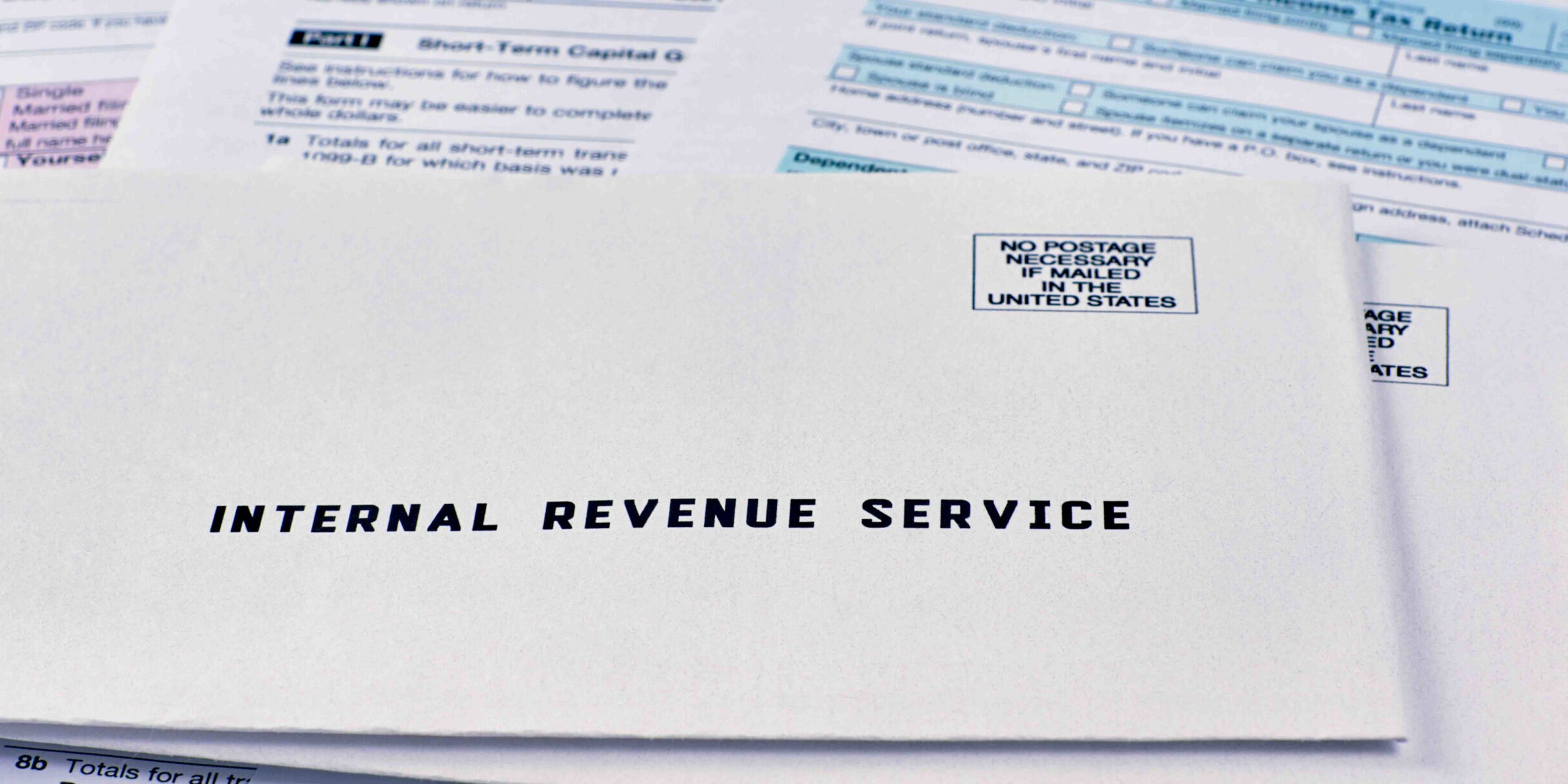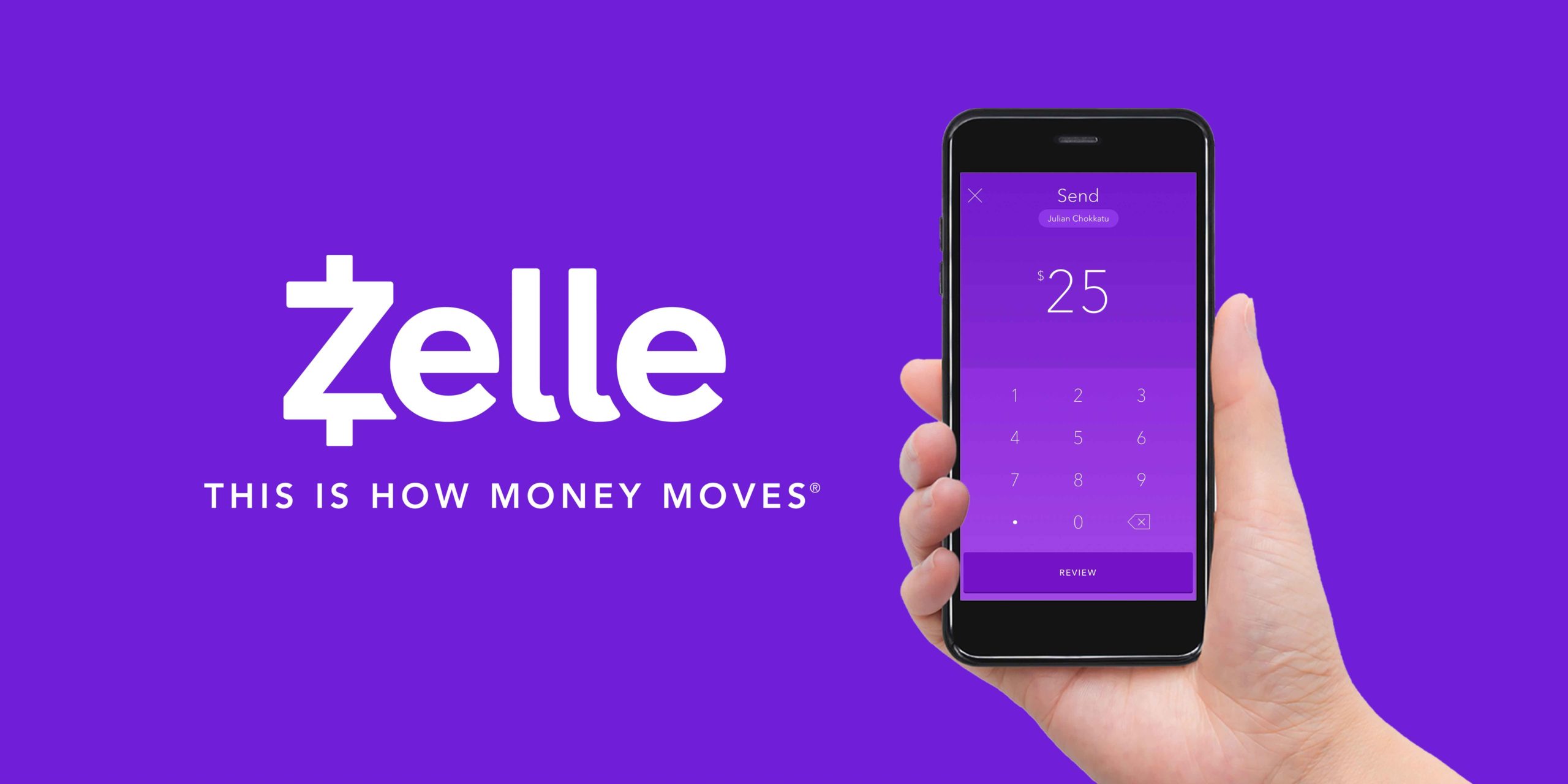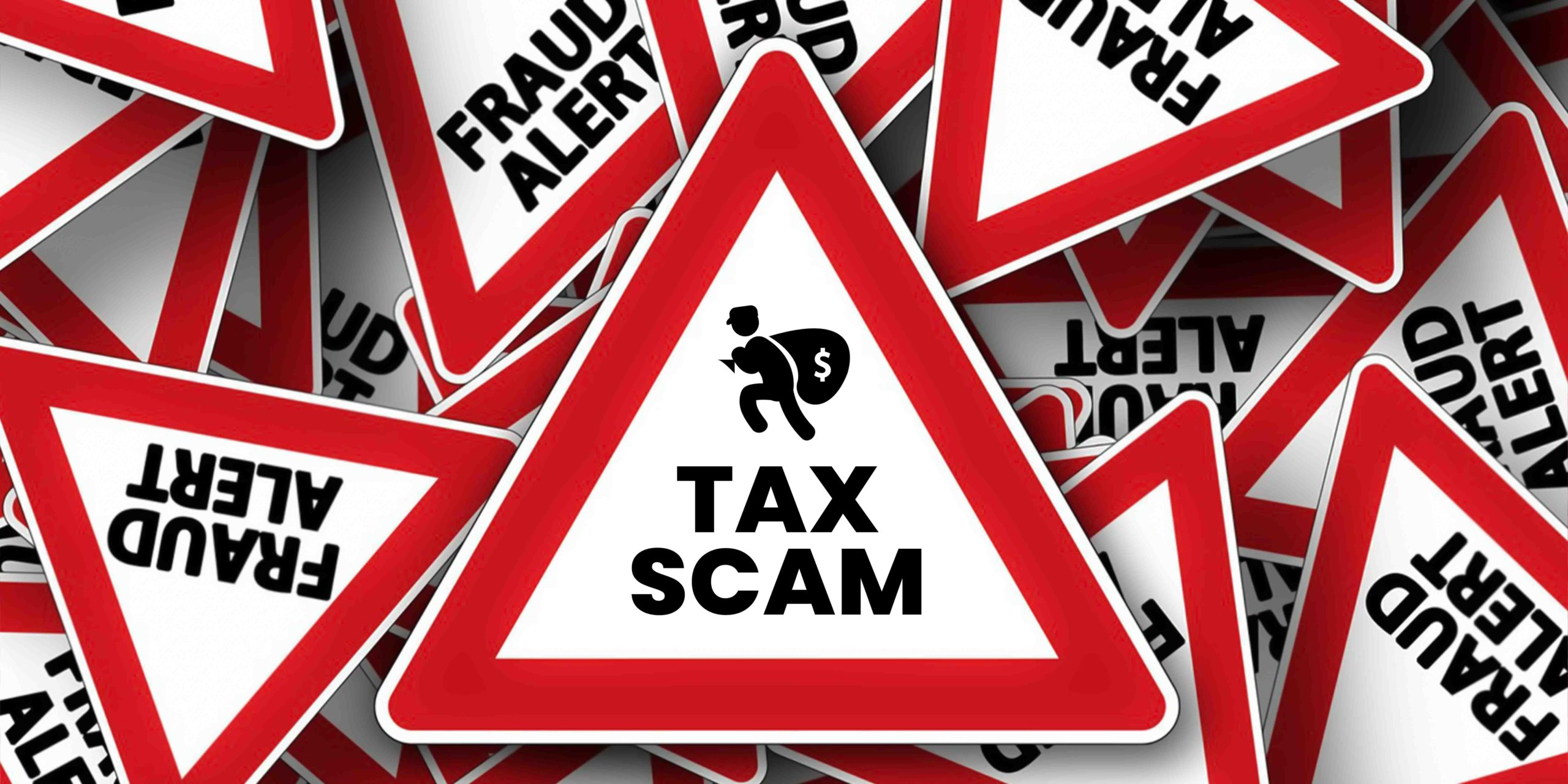02 Dec The Holiday Gift Your Business Really Needs: A Clear, Calm Approach to Cash Flow
The holidays are here. Sales rise, customers are energized, and the activity creates a sense of momentum. But then January arrives—and many business owners suddenly feel the pressure of bills, payroll, and slow collections. If that scenario feels familiar, you’re not alone. For countless entrepreneurs, the season of celebration quickly turns into a financial balancing act: added expenses, heavier inventory, delayed payments, and tightening cash. A Real Cash Flow Lesson Take Maria, a local boutique owner. Last holiday season, she focused on driving sales—and she succeeded. But she didn’t keep an eye on how money was flowing in and out, or how predictable expenses would hit after the holidays. Part of the issue was that she built her plan on assumptions rather than using a structured budget grounded in experience. She didn’t look back at her prior years’ numbers or compare historical seasonal patterns to this year’s activity. By January,...










